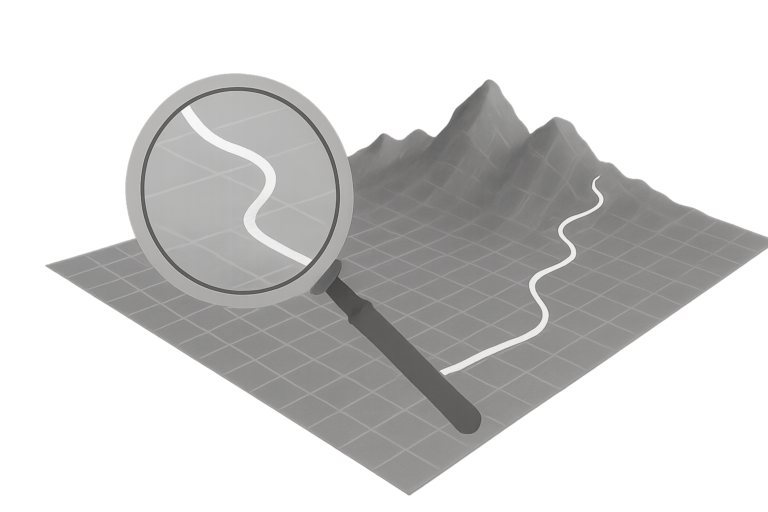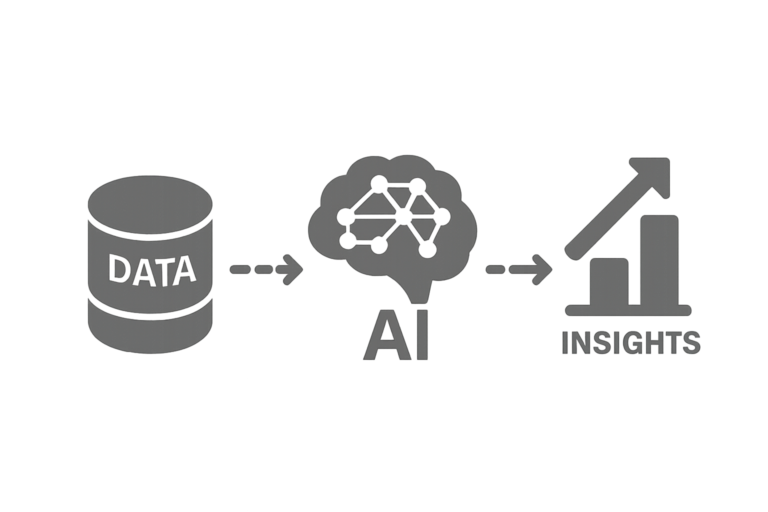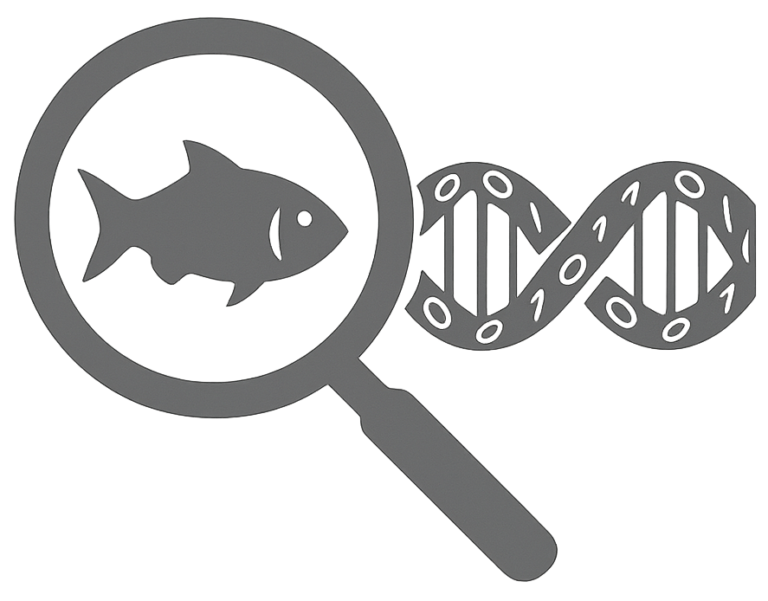CoPhy-PGNN: When Competing Physics Guide the Learning

In many scientific problems — especially in fields like quantum mechanics and wave propagation — physics provides powerful constraints that can guide machine learning. But these constraints don’t always align; Optimizing for both at once can create tension in the training process.
CoPhy-PGNN (Competing Physics-Guided Neural Networks) is a training approach designed to reconcile such conflicts. We targets problems where physical laws take the form of eigenvalue equations — a class of problems where traditional numerical solvers are accurate but slow. Neural networks offer speed and scalability, but often struggle to satisfy all physical objectives at once.
To address this, CoPhy-PGNN introduces a progressive training strategy that carefully adjusts the balance between competing physics-based objectives over time. This helps the model avoid poor early solutions and guides it toward more stable and physically meaningful outcomes.
The result is a physics-informed model that achieves competitive performance across applications while delivering substantial gains in inference speed over traditional methods.
CoPhy-PGNN offers a principled and flexible learning strategy for physics-driven domains — especially when the constraints themselves disagree.


